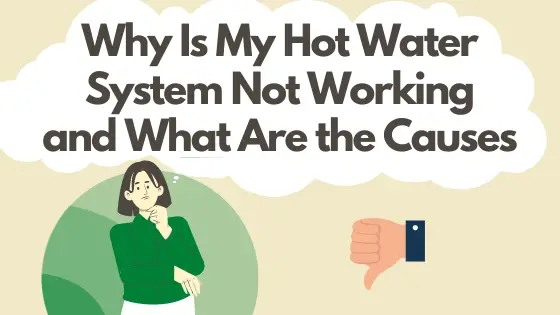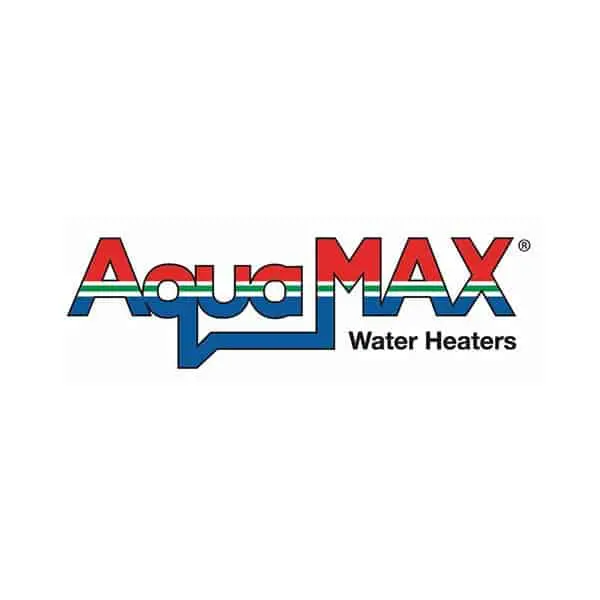Water heaters are considered as a workhorse appliance that works hard to constantly deliver hot water. If you live in Australia then having a perfectly working water heater is essential. When your hot water system doesn’t work all of a sudden, it’s a problem that requires immediate attention. You don’t want to shower from the cold water; that’s why check the possible reasons why your water heater isn’t working so you can assess if you need professional help. Learn more information about why your hot water system doesn’t work and its causes.
There are different possible reasons why a water heater doesn’t work. The problem may be as simple as a cause of improper setting, lack of tank maintenance, or it can be complicated that requires replacement of some of its parts. When your hot water system never works out, it doesn’t necessarily mean that it’s already defective. Here are typical water heater problems and its simple workarounds to possibly fix the issue.
1. Hot Water Never Comes Out When You Turn It On
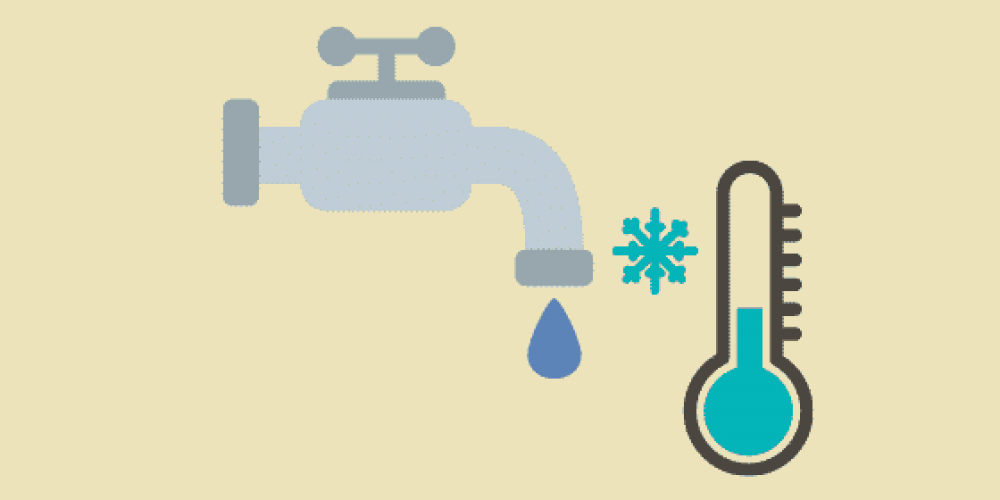
This is usually due to a faulty power connection. There’s a possibility that your circuit breaker isn’t turned on, so check your power supply. When the circuit breaker is turned on, there’s a possibility of a blown fuse. When the switch has tripped, it’s advisable to ask help from a licensed plumber to help check the switchboard.
Electric hot water systems and Solar Hot water systems are high-voltage (240-volt) compared but both of them are dangerous to work with when the power is on. Before checking any electrical parts of a water heater, shut off the power to the heater’s circuit by turning off the appropriate breaker in your home’s service panel (breaker box). If you have a non-contact voltage tester, you may use it to confirm that the power supply is already off. Then call a licensed Plumber or electrician, and don’t touch anything.
2. Wrong-Sized Water Heater
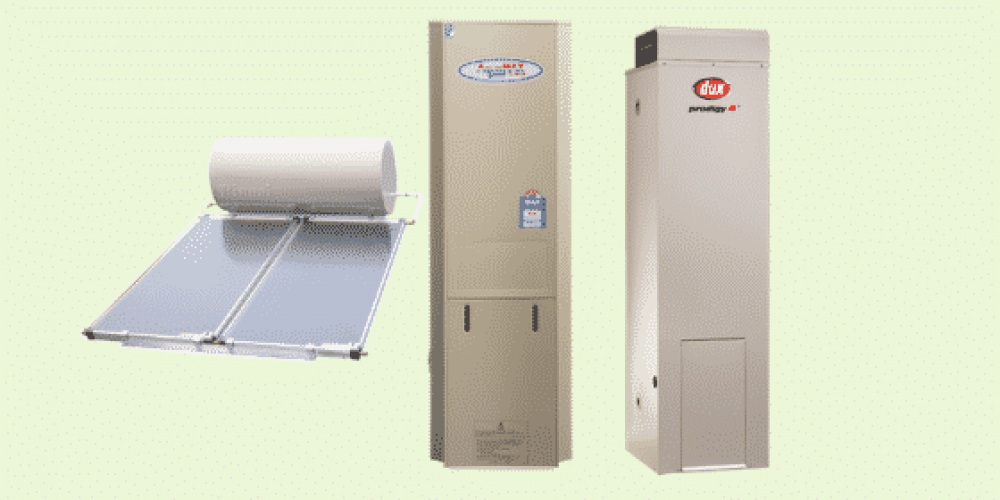
If your water system produces hot water but is not enough, there’s a possibility that your unit is too small to cater to your household’s hot water demands. In choosing a hot water system, make sure that your household demand doesn’t exceed the water heater’s capacity. For example, the demand is about 125 Litres gallons, so you need a 250 Litre or more capacity hot water system.
Replacing units is inconvenient; that’s why you may just reduce the length of showers or spread out your laundry and dish-washing tasks at a different time a day. Another possible reason why the supplied hot water is inadequate is when a heating element or thermostat is defective. With this, some of its parts need to be replaced by a licensed tradesman.
3. There's a Leak
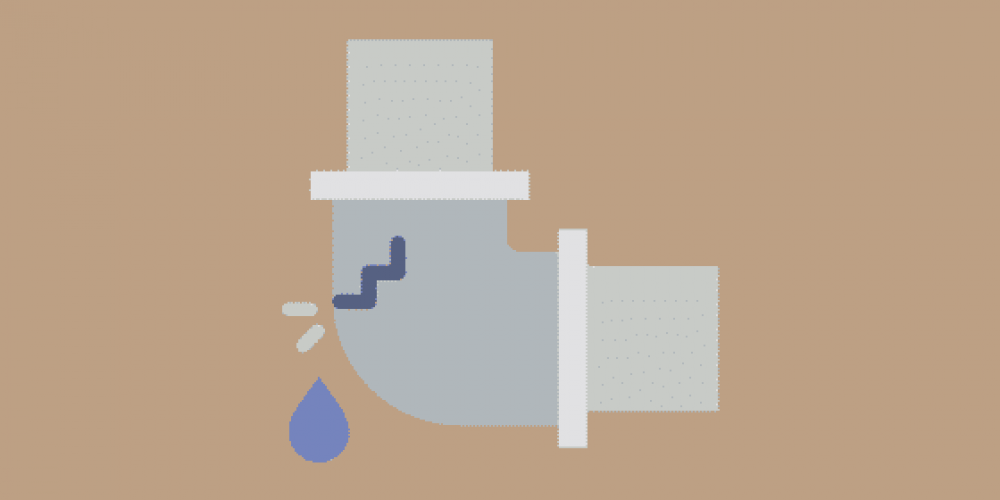
A water leak is a tank problem due to loose pipework, valves or tank corrosion. When there’s a leak, it’s important to fix it as soon as possible because it can damage the home, especially if you have wood flooring. However, if the cause of the water leak is tank corrosion, there are high chances that it can no longer be repaired, so turn off the water, and drain the tank completely to stop the leaking. Contact a licensed plumber so they can assess the condition of the tank and if it needs total replacement.
4. Mineral Deposits in the Pipes

Over time, mineral deposits collect at the bottom of the water heater. These eventually build up. If old steel water pipes have never been replaced, they may be filled with deposits that restrict water flow. Since the water flow is interrupted, the transfer of heat to the water is diminished. A water softening system can help slow this process down, but you can effectively eliminate this problem by draining your tank once a year. An indication that you need to replace your tank is when there is already rust. In this case, replace your water heater. Don’t wait for the tank to burst.
5. Your Hot Water System Has Died Due to Old Age
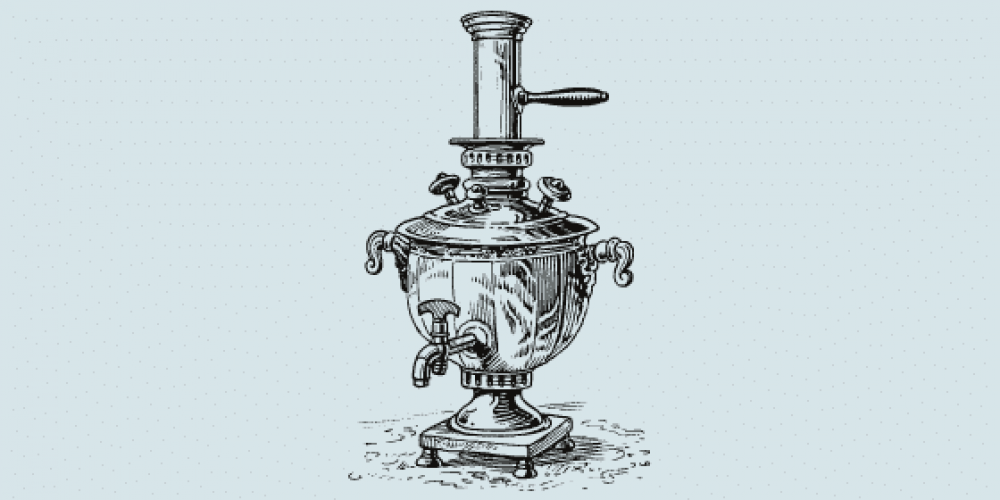
Sometimes the reason that a household appliance suddenly stops working is old age. When a device gets too old and worn, it will cease to work properly, and no individual malfunction is to blame. Most water heaters last about 10-15 years, but they would show decreased performance as time goes by. Constant repairs, and potentially increased energy consumption costs as a result of its reduced performance.
Sometimes the most practical way of resolving issues is to replace your hot water system. Repairs can be expensive, and the older the unit, the more often it will require them. The hot water system installation cost varies. Replacing the unit is cheaper than new installations because, for replacement, the pipes and other connections are already installed.
Inspection, maintenance, repair, and replacement are the routines you may encounter when you have a hot water system. Now, when your water heater suddenly stopped working, and you don’t know workarounds to fix it, the best thing to do is to call for a professional plumber or electrician to diagnose what’s the problem. If they require replacement, no worries, we have a lineup of products you can choose from.
To Sum It All Up
Inspection, maintenance, repair, and replacement are the routines you may encounter when you have a hot water system. Now, when your water heater suddenly stopped working, and you don’t know workarounds to fix it, the best thing to do is to call for a professional plumber or electrician to diagnose what’s the problem. If they require replacement, no worries, we have a lineup of products you can choose from.
Visit our website or give us a call at 1300 310 062. Our friendly Hot Water 2Day representatives will help you choose the best hot water system for your current setup at home.

